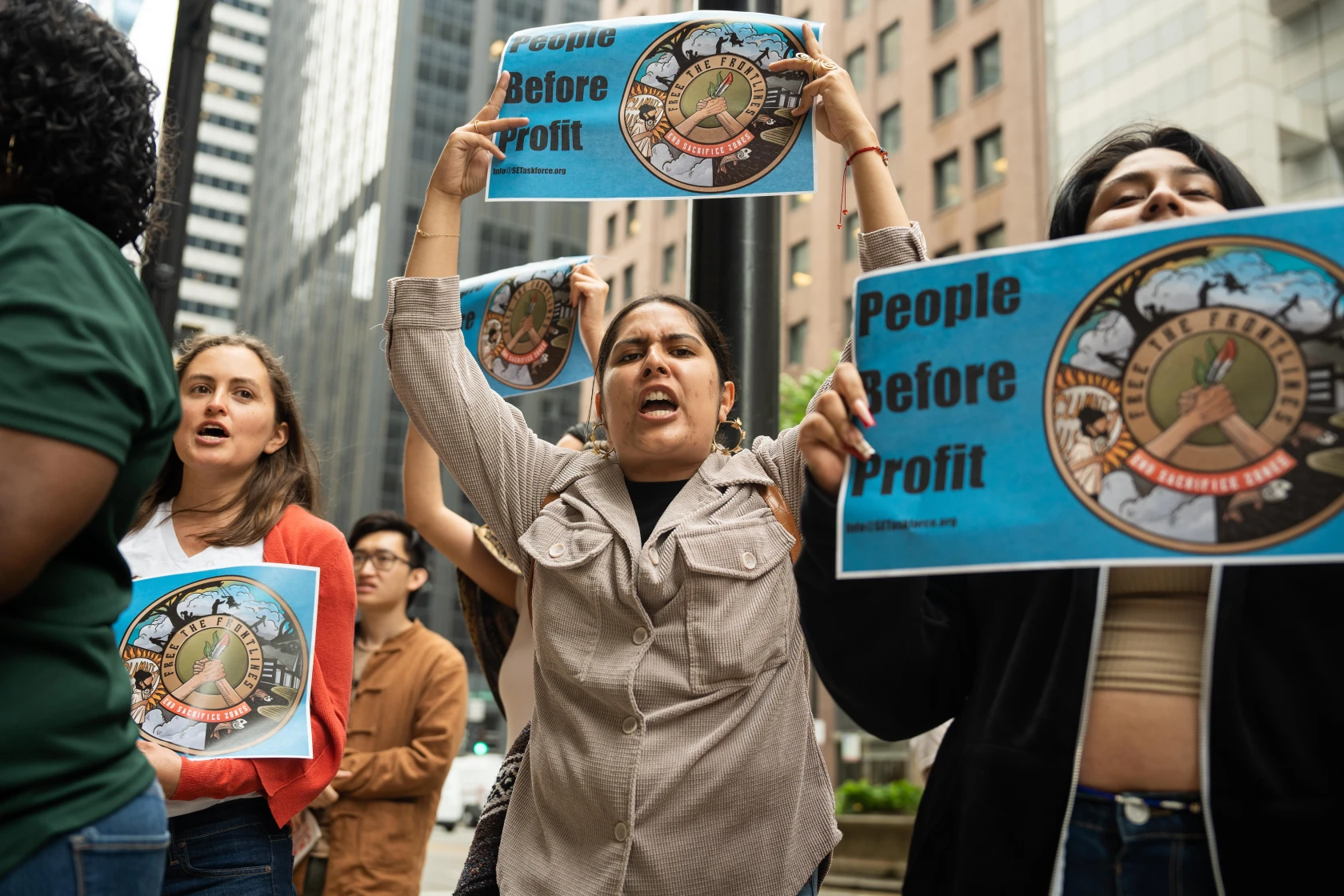 Pat Nabong/Sun-Times
Pat Nabong/Sun-TimesThe feds had ruled that City Hall violated residents’ civil rights in a case involving the relocation of the General Iron scrap metal operator and a complaint over affordable rental units.
This story was originally published by the Chicago Sun-Times. Sign up for its newsletter.
President Donald Trump has upended two years-long investigations into civil rights violations in Chicago, one that started with an unwanted scrap metal operator and another that deemed City Council members have discriminatory veto power to block affordable housing.
ProPublica reported Friday that the two Chicago cases are among seven that the Trump administration is dismissing. Complainants told the Sun-Times they were aware the Trump administration was about to dismiss the cases.
There is no official word from the U.S. Department of Housing and Urban Development, which conducted the investigations, and the agency has not responded to multiple requests from the Sun-Times for comment.
News that puts power under the spotlight and communities at the center.
Sign up for our free newsletter and get updates twice a week.
One high-profile case involved the General Iron scrap metal operation that was being relocated from white, affluent Lincoln Park to a low-income community of color on the Southeast Side.
Residents pushed back on the relocation of the polluting business, which shreds junk cars, appliances and other large items as a way to sell the metal for reuse. The city ultimately denied the business a permit to operate at East 116th Street and the Calumet River, citing pollution and health concerns.
In its investigation of the city’s policies related to the relocation of General Iron, the feds determined that Chicago habitually puts heavy industrial polluters in South Side and West Side neighborhoods, benefitting North Side communities that are largely white and wealthy.
That fair housing investigation by HUD resulted in a binding agreement that is still in effect. As part of the pact, the city agreed to push an ordinance that seeks to change zoning and land-use practices.
Read More of Our Coverage
Mayor Brandon Johnson vowed to uphold the agreement, which was signed by former Mayor Lori Lightfoot on her last day in office. While an “environmental justice” ordinance has been introduced by Johnson, the City Council has not taken action. A spokesman for Johnson said he couldn’t immediately respond to a request for comment.
HUD officials will no longer enforce that agreement, according to ProPublica’s reporting.
Another case involves the City Council’s use of a veto power known as aldermanic prerogative to prevent construction of affordable rental units.
In late 2023, the agency found City Council members wrongly kept affordable housing out of their wards using aldermanic prerogative.
HUD sent a strongly worded letter to City Hall saying that the local veto was “instrumental in creating Chicago’s patterns of segregation.”

